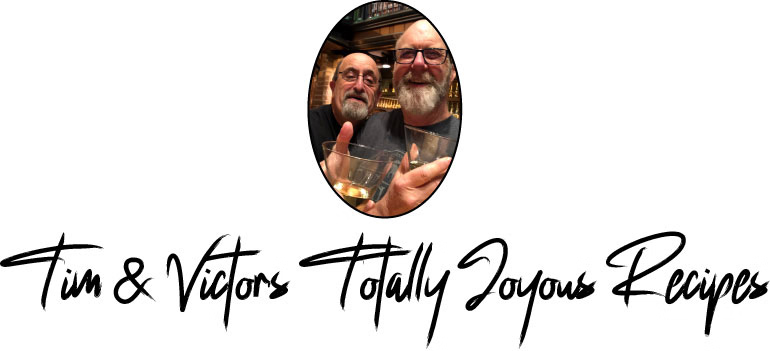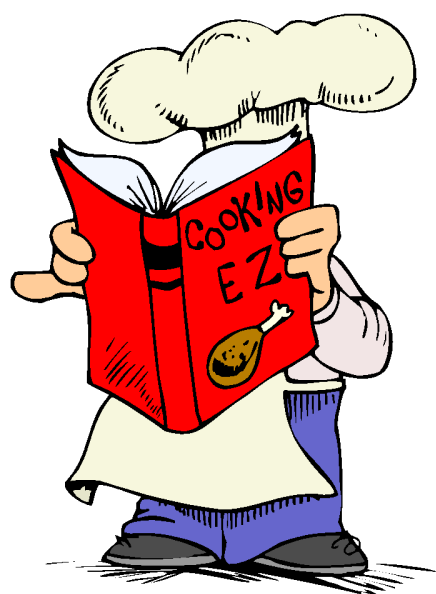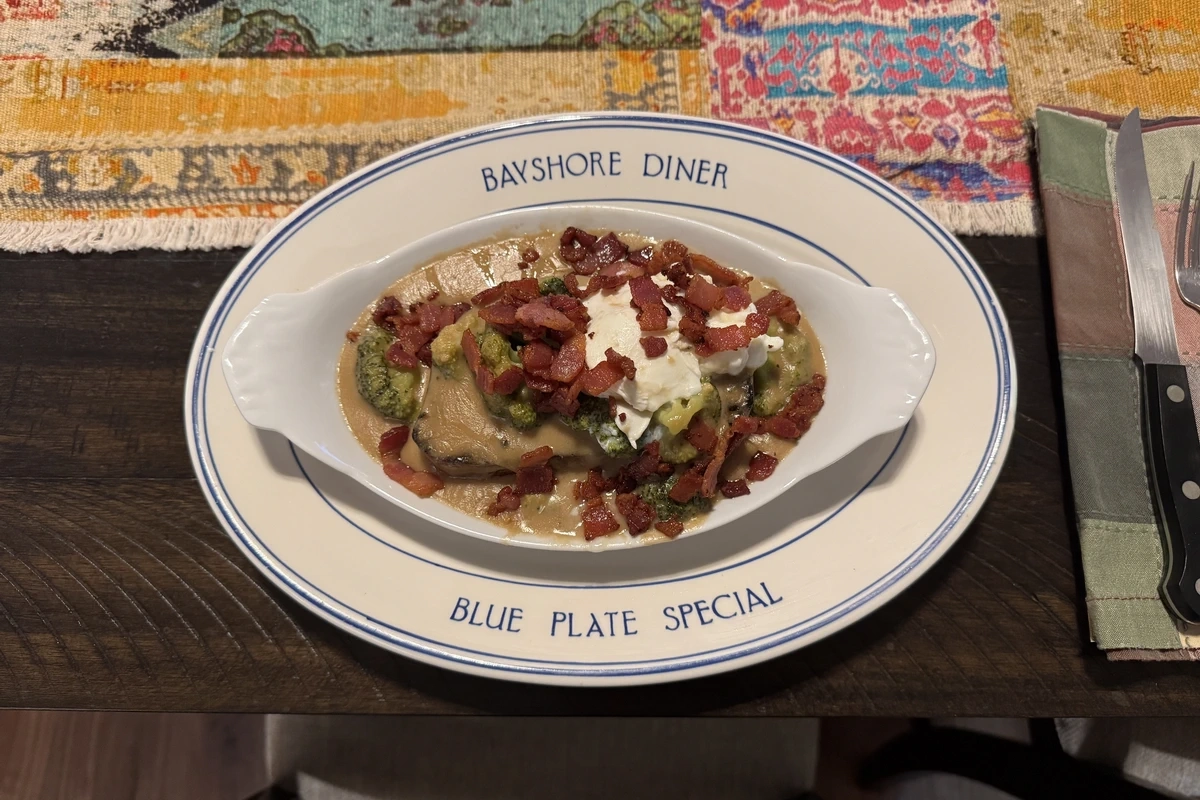I had a hankerin’ for something different for dinner the other night.
I have absolutely no idea where it was, but I saw a picture or mention of Welsh Rarebit. I knew what it was, but I had never made it before. I figured now was as good a time as any.
When I was a kid, I sometimes heard it called “Welsh Rabbit” – no idea why.
I decided to look it up…
Wikipedia states:
Welsh rarebit, also spelled Welsh rabbit, is a dish of hot cheese sauce, often including ale, mustard, or Worcestershire sauce, served on toasted bread. The origins of the name are unknown, though the earliest recorded use is 1725 as “Welsh rabbit”, a jocular name as the dish contains no rabbit; the earliest documented use of “Welsh rarebit” is in 1781.
And ChatGPT states:
“Rarebit” appears a few decades after “Welsh rabbit.” It seems to be a folk correction—people realizing the dish had no rabbit and altering the spelling to something that sounds food-like. There is no independent word “rarebit” outside of this context; the new spelling was essentially invented for the dish.
And The Cheese Professor – whose recipe I adapted – states:
Editor’s note: As a word nerd I was curious about the name Welsh Rabbit and Welsh Rarebit. There’s no definitive proof that it’s actually a Welsh dish, so why is Welsh in the name? The use of “Welsh” was used an insult in the 1700s in Britain in the same way as the word “welch” was used as a pejorative. Or it may have been because the Welsh had a reputation for liking cheese. As for rabbit and rarebit, that’s murky as well. One theory is that only the rich were allowed or able to or could afford to eat rabbit, so this cheesy toast was a poor person’s substitute. Rarebit is sometimes used instead of rabbit it is only used in this dish and nowhere else. The word rarebit is considered a corruption of the word rabbit and was first referred to as rare bit.
Your history lesson for the day!
Regardless of origin, it was going to be dinner!
Welsh Rarebit
adapted from The Cheese Professor
- 6 ounces grated Gruyere Cheddar
- 2½ Tablespoons all-purpose flour, divided
- 2 Tablespoons unsalted butter
- 1 cup Guinness
- ¼ cup milk
- 1 teaspoon Dijon mustard
- 2 teaspoons Worcestershire
- Kosher salt and freshly ground black pepper, to taste
- 4 thick slices of warm, toasted country-style bread
- 2 cups broccoli, steamed
- 4 oz bacon, chopped and fried crisp
- 2 eggs, poached
Chop bacon and fry ’til crisp. Drain bacon and set aside. Save grease for other cooking.
Steam broccoli and set aside.
Toss the grated cheese with 1 tablespoon of flour – this helps to keep it from clumping when stirred into the sauce.
Melt the butter in a saucepan over medium heat. When the butter is bubbly, whisk in the remaining 1½ tablespoons flour, and cook until golden and it smells slightly nutty, about 2 minutes. Whisk in the beer, milk, mustard, and Worcestershire, and bring to a boil.
Lower the heat and whisk in the cheese a handful at a time, until it’s all incorporated and the sauce is smooth. Add broccoli and season to taste with salt and pepper.
Poach the eggs.
Place the slices of warm, toasted bread onto serving plates, and generously spoon the sauce over the top.
Set under the broiler to quickly brown.
Remove from broiler, top with the poached eggs and generously add the crisp bacon bits.
I totally and completely realize that broccoli, eggs, and bacon are NOT ingredients in a traditional Welsh Rarebit. It just made more sense to me to add the broccoli than serve it on the side. And bacon and eggs go with toast – and the dish really worked! The dark Guinness really was the perfect beer for the sauce – but i imagine if you have a favorite beer/stout/ale – any would work!
So break tradition and have some fun!


